At the heart of the San Luis Food Sovereignty Initiative is the acequia.
Both the irrigation ditches that help keep the San Luis Valley the productive agricultural land it is, and the Acequia Institute provide the lifeblood of a movement that is seeking to reclaim a food system and the heritage attached to that system.
The purpose of the movement is food sovereignty, a focus on community regaining the levers of production and distribution of food with a focus on community need, not the profit of large corporations. Intertwined with this is an attempt to regain the community and cultural traditions lost over time that serve as the binding agents for food access.
In 2006, The Acequia Institute was founded to accomplish this goal. Based on the philanthropic vision of the late Alfonso Carlos Peña, who donated the funding for acquisition of the farm land and creation of an endowment to support grant making and other program activities. The farm is located on traditional Caputa Ute homeland territory and is part of the historic long-lot (vara strip) granted to Dario Diego Gallegos, the founder of La Plaza de San Luis de la Culebra on the 1844 Sangre de Cristo land grant. It is irrigated by two community acequias, the San Luis Peoples Ditch and the Robert Allen Ditch, so the name of the farm is aptly, Almunyah de la Dos Acequias. The Almunyah is a rare supplier of artisan-produced chicos del horno, the famous adobe oven-roasted white flint maize listed on the Slow Food USA Ark of Taste as an endangered and disappearing heritage food.
“The underlying objective of this project is to improve long-term community health through a resurgence of food sovereignty by reviving and strengthening the local agri-food system, rebuilding our polyculture agroecosystem traditions, unleashing the creativity and commitment among our youth and younger adults by participating in and establishing a set of local institutions to generate and keep our agriculture-generated wealth in the community,” said Devon Peña, Acequia Institute Founder and President in a recent interview with the Alamo Citizen.
Elements of the project include:
A Food & Community Revolving Credit Association to support local food producers with zero percent interest credit
A marketing collaborative to help acequia farmers move out of cow and alfalfa production to an integrated agroecosystem that grows traditional corn and companion crops
Opportunities for youth and young adults to engage in the effort through the Move Mountains Youth Leaders Partnership including growing food for family and elderly community members, participating in design of the community food center and developing their own food enterprises
Grants, fellowships and scholarships to study and innovate in food sovereignty work
A seed library focused on non-GMO, locally-adapted heirloom varieties
Ecological restoration of the Almunyah de la Dos Acequias
Also included in the effort is the work to launch the San Luis People’s Market. The market, which is envisioned as a grocery co-op selling local farming produce and product as well as a commercial kitchen for local food businesses and restaurant, is an evolution of Colorado’s first grocery store, the R&R market founded in 1857. When its most recent owners were set to retire and close the market, the Acequia Institute was able to buy the community mainstay with the help of the Colorado Health Foundation. The Institute was awarded a Colorado Healthy Food Access Grant funded by Kaiser Permanente and Centura Health to increase their fresh food availability including point-of-sale equipment to start accepting benefits such as SNAP, cold storage refrigeration to have more fresh food options to sell and shelving and display cases to modernize the historic grocery store.
“This community is here because we learned a long time ago to love our neighbors to survive,” Peña recently told the Colorado Sun. “People call Costilla County the poorest in Colorado, but we’re only cash poor. We’re rich in land, culture, and agricultural knowledge. We’re reawakening something here, and people are supportive.”

